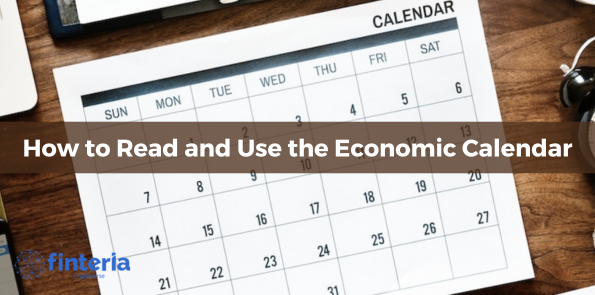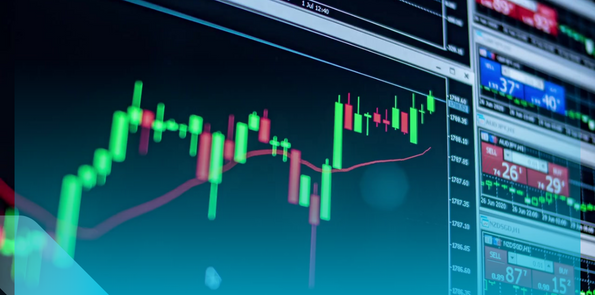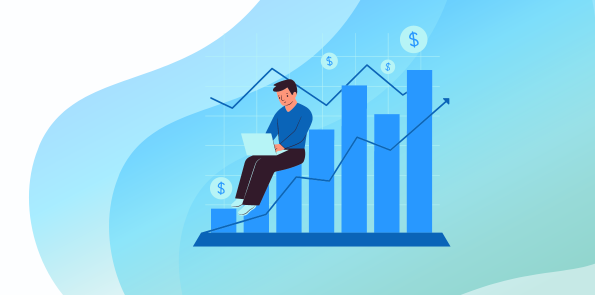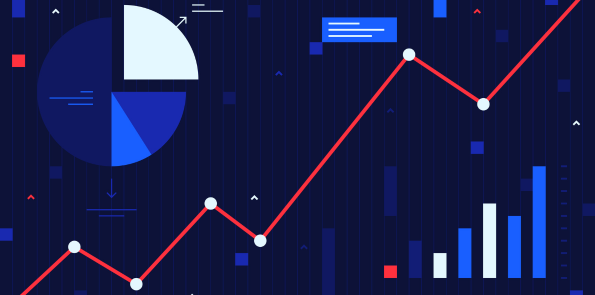How to Read and Use the Economic Calendar

Pazar Araştırması
Introduction
The economic calendar is an essential tool for traders who want to stay informed about upcoming economic events that can impact financial markets. It provides a schedule of upcoming economic events, such as interest rate decisions, economic reports, and speeches by central bank officials. Each event is assigned a level of importance, which can range from low to high. In this article, we will discuss how to read and use the economic calendar to inform trading decisions.
Understanding the Economic Calendar
To effectively use the economic calendar, traders must first understand how it works. The economic calendar is a tool that lists upcoming economic events that can impact financial markets. The events are organized by date and time, and they are assigned a level of importance.
The level of importance of each event is determined by the expected impact that it will have on the market. Events that are likely to have a significant impact on the market are classified as high-impact events, while those with a low expected impact are classified as low-impact events.
Using the Economic Calendar to Inform Trading Decisions
Traders can use the information provided by the economic calendar to adjust their trading strategies accordingly. By staying informed of upcoming economic events, traders can anticipate potential changes in the markets and adjust their positions accordingly.
For example, an interest rate decision by a central bank can impact the value of a currency. If a central bank announces an interest rate hike, it is likely to increase the value of the currency, and vice versa. By staying informed of these events, traders can anticipate potential changes in the markets and adjust their positions accordingly.
Examples of How to Use the Economic Calendar
o better understand how to use the economic calendar, consider the following example: a trader interested in trading the USD/JPY currency pair may notice that there is a high-impact economic event scheduled for the following day: the release of the US non-farm payroll report. Based on past releases of this report, the trader may anticipate a potential increase in the value of the US dollar and adjust their position accordingly.
Another example of how to use the economic calendar is in relation to the release of economic data. Economic data, such as GDP and inflation reports, can provide insight into the strength of a country's economy. By staying informed of upcoming economic data releases, traders can adjust their positions accordingly.
Impact on Different Markets
It's important to note that different economic events can have varying impacts on different markets. For example, an interest rate decision may impact the value of a currency, but it may also impact the stock market or commodity prices. Traders should stay informed of how different events impact the markets they are trading in.
Links to Additional Resources
Traders can supplement the information provided by the economic calendar by accessing additional resources, such as economic reports and analysis. Some popular resources include Bloomberg, Reuters, and MarketWatch.
Glossary of Economic Terms
The economic calendar uses several economic terms that may be unfamiliar to novice traders. Here are some common terms to know:
Gross Domestic Product (GDP): A measure of a country's economic output.
Inflation: The rate at which the general level of prices for goods and services is rising, and, subsequently, purchasing power is falling.
Interest rates: The rate at which banks borrow money from the central bank or from each other.
Non-farm payroll report: A report that provides insight into the US labor market, including the number of jobs added or lost and the unemployment rate.
Now that you understand the importance of the economic calendar, it's time to put your knowledge into action. By using the economic calendar to your advantage, you can stay on top of the latest news and events that impact the markets and make informed trading decisions.
But before you jump right in, here are a few tips to keep in mind:
- Start with the basics: Don't overwhelm yourself with too much information. Start by focusing on the major economic events and indicators that have the most significant impact on the markets.
- Use multiple sources: Don't rely on just one economic calendar. Use multiple sources to ensure you have the most accurate and up-to-date information.
Plan ahead: Take the time to review the economic calendar regularly and plan your trades accordingly. This will help you avoid unexpected market movements and make more informed trading decisions.
- Keep a trading journal: Record your trades and the economic events that influenced your decision-making. This will help you identify patterns and improve your trading strategy over time.
By following these tips, you can make the most of the economic calendar and use it to your advantage in your trading journey.
Conclusion
In conclusion, the economic calendar is an essential tool for traders looking to stay informed about market-moving events and indicators. By understanding how to read and use it effectively, you can improve your trading strategy and make more informed trading decisions. So take the time to review the economic calendar regularly, plan ahead, and keep a trading journal to track your progress. With practice and persistence, you can use the economic calendar to your advantage and achieve success in the markets.



